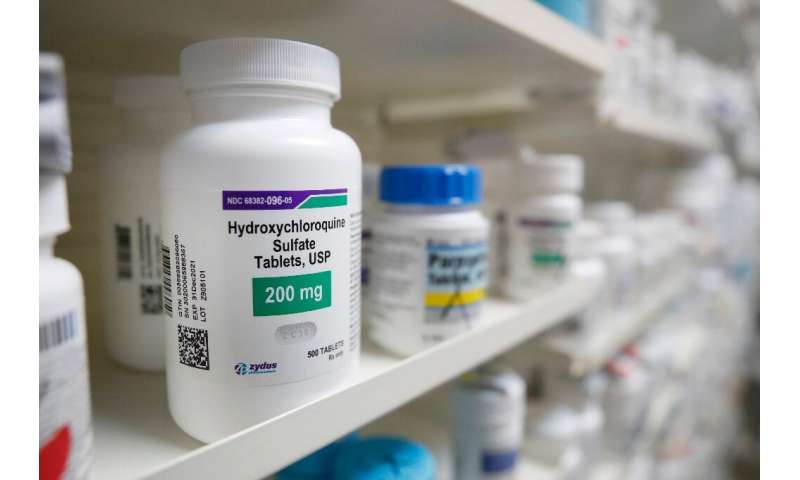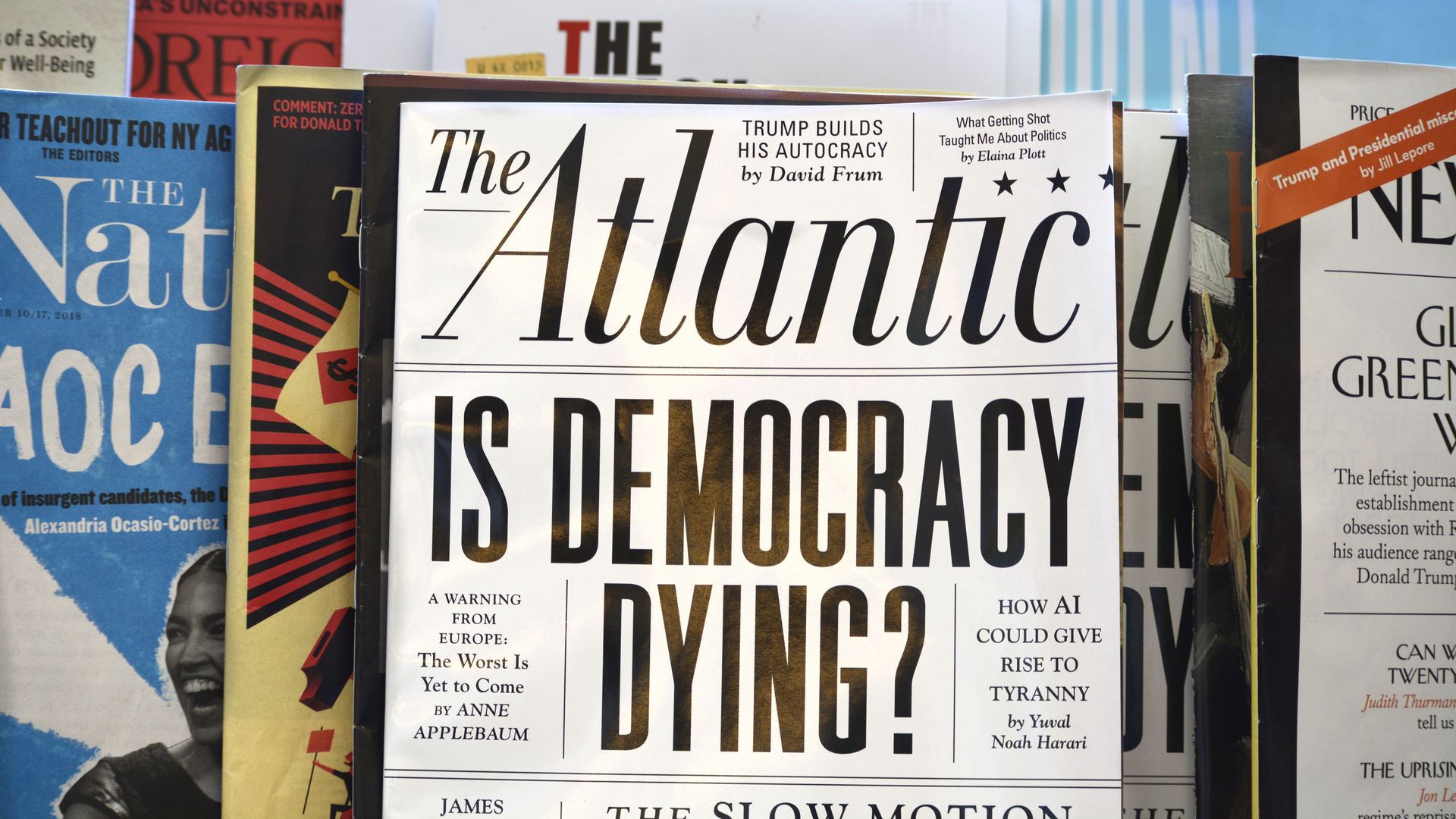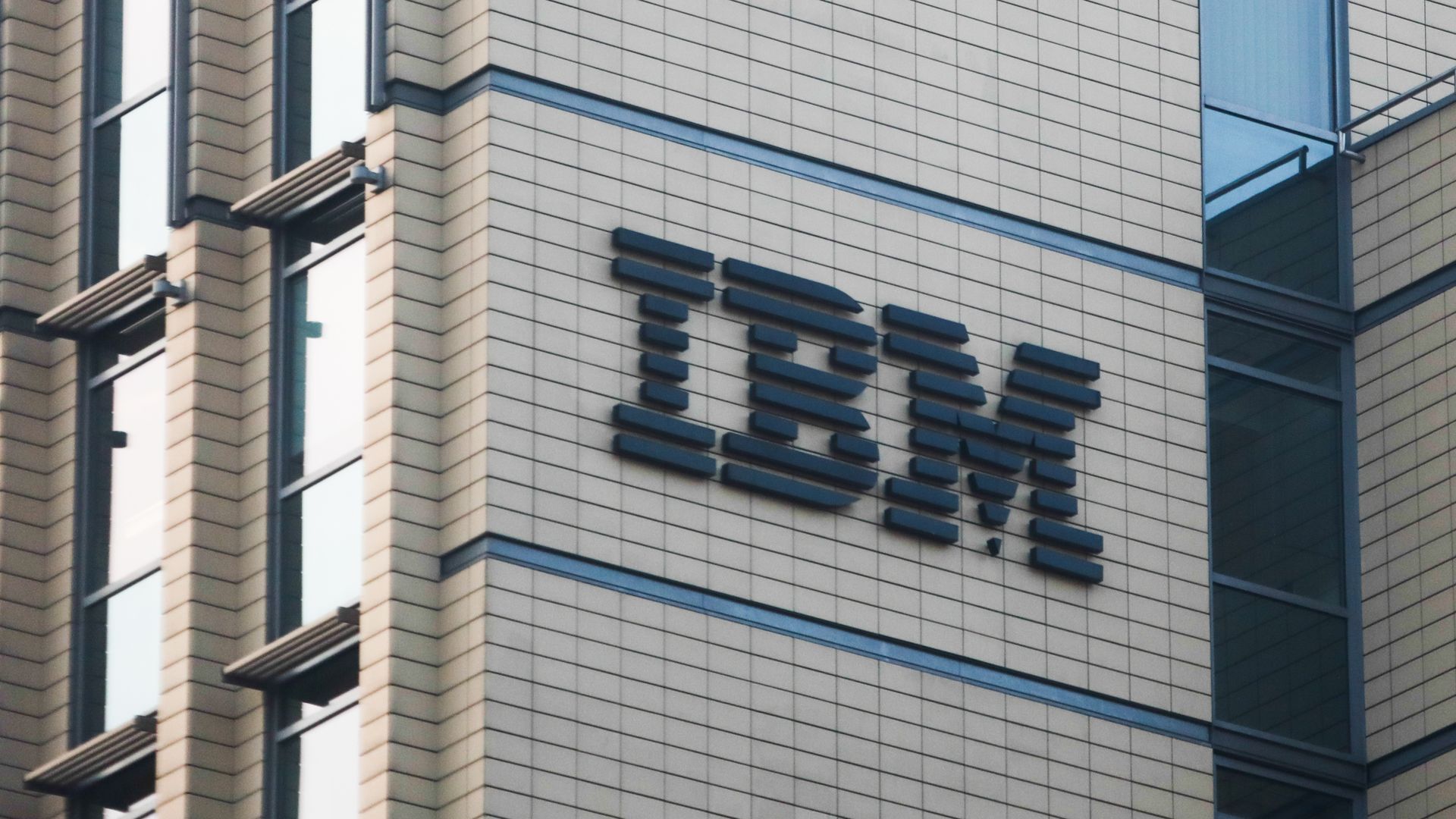5/21/2020
House Progressive Caucus Co-Chairwoman Pramila Jayapal (D-Wash.) said mass unemployment in the U.S. caused by the coronavirus crisis is a “policy choice,” and pushed her Paycheck Recover Act as a way to recover during an interview with The Hill.TV’s “Rising.”
House Progressive Caucus Co-Chairwoman Pramila Jayapal (D-Wash.) said mass unemployment in the U.S. caused by the coronavirus crisis is a “policy choice,” and pushed her Paycheck Recover Act as a way to recover during an interview with The Hill.TV’s “Rising.”
“Mass unemployment is a policy choice. It is a bad policy choice,” Jayapal said.
She added that “most countries around the world” have instituted some form of a Paycheck Recovery Act.
Jayapal said the proposal would help both workers and businesses by allowing people to stay on the payroll.
“The best thing we can do for workers is keep money in their pockets by keeping them on paychecks. The best thing we can do for businesses to not shutter, particularly small and medium sized businesses that have been completely pushed out during this pandemic, is to help those businesses by giving them the money to keep workers on payroll and also to pay some of their operating costs,” she said.
Jayapal's bill would allow businesses facing COVID-19 related revenue losses to apply for an initial three-month lump sum grant payment to cover revenue loss.
Employers would have to keep workers on payroll and benefits, as well as meet other conditions similar to the ones passed in the CARES Act.
The program would automatically renew until the nationwide unemployment rate remains below 7 percent for three consecutive months.
Jayapal said lawmakers could “immediately shrink” unemployment rolls since the legislation dates back to March 1, allowing workers that had been furloughed or laid off to get back on payrolls.
She also said the legislation would streamline the process, with money flowing directly from the IRS to the business rather than needing to go through a bank.















